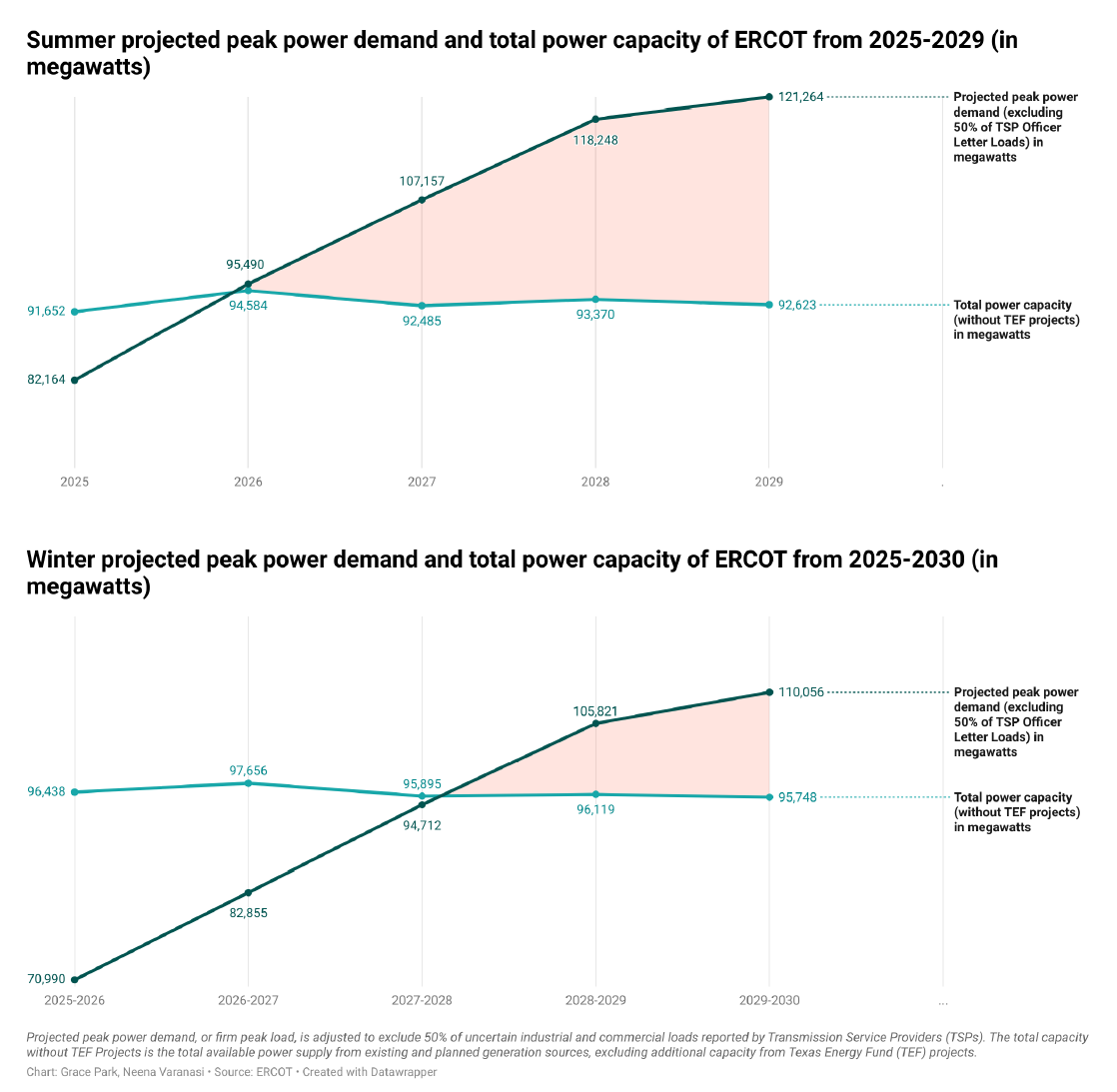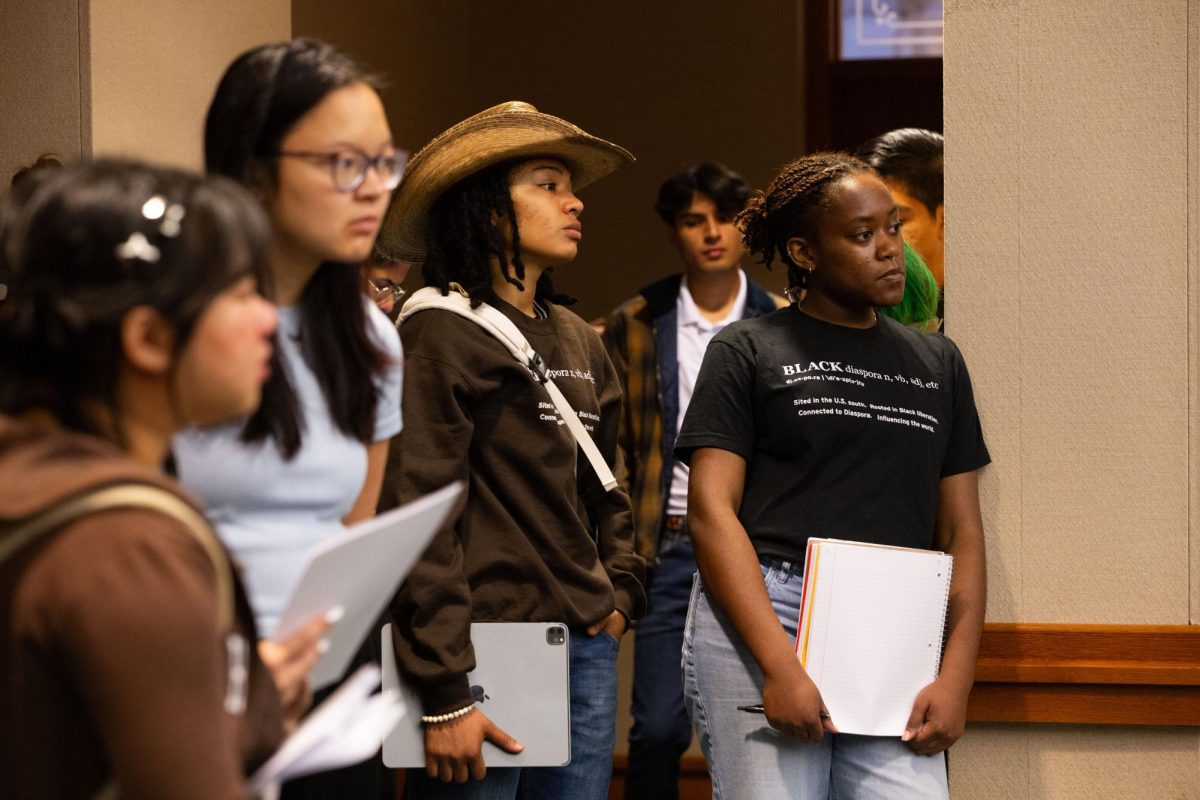The Republican Party of Texas unveiled its official party platform on June 7, which features proposals that would significantly impact students, providing a glimpse of possible legislation for the upcoming 89th Texas Legislative session.
The proposal features limits on curriculum, voting access, in-state tuition for undocumented immigrants and abortion rights. One element of the agenda involves defunding “political correctness” in higher education institutions, aiming to eliminate courses perceived to diverge from the party’s values. According to the party platform, universities should prioritize individual merit over social justice and multicultural diversity.
“We oppose any state funding or graduation requirements for divisive curricula … including Marxist, anti-American, Critical Race Theory (CRT), multiculturalism, Social and Emotional Learning (SEL), or diversity, equity and inclusion courses,” the Texas GOP Platform and Resolutions document stated.
Another proposal seeks to secure Texas elections by implementing assigned precinct voting locations. Austin has a countywide polling place program, allowing eligible residents to vote at any polling place within the county, said Vivian Dovalina, a Texas Rising UT student leader.
“They can go to the most accessible place for them,” Dovalina said. “But with the new policy that they’re trying to implement, everyone is assigned to one polling location.”
Dovalina said assigned precincts could hinder student voting accessibility, particularly for students who work or who lack convenient transportation to their assigned location.
“Legislators specifically should be removing these barriers, not trying to put more up,” Dovalina said.
Undocumented students could also face significant changes in the next legislative session. The party platform looks to end all public services for undocumented immigrants, including in-state tuition for undocumented immigrants living in Texas.
According to the University’s estimated 2024-2025 tuition costs for full-time undergraduate students, out-of-state tuition will be $30,000-$35,000 more than in-state tuition rates. This action would increase undocumented students’ attendance expenses while also denying them financial aid.
The document stated support for Texas municipalities to pass city ordinances to further restrict abortion access and close “loopholes in state abortion laws.”
Mel LeBlanc, Texas Rising’s Central Texas regional program coordinator, said the priority could overturn Austin’s GRACE Act, passed by the City Council on July 21, 2022, which currently allows Austin District Attorneys to deprioritize abortion cases at their discretion based on the circumstances of each case. They said the proposed laws are so strict the district attorney would be “pushed against a wall” to prosecute abortion cases.
LeBlanc said that obtaining an abortion already involves substantial costs such as travel expenses, time off work, accommodation and other logistical challenges, especially for those seeking care out of state. They said that if these changes are enacted, these barriers would become even more daunting and financially burdensome for individuals in Austin.
Currently, these proposals are just what the party plans to focus on during the legislative session that begins Jan. 14, 2025. However, LeBlanc said there is a likelihood of the priorities becoming law as Republicans have a supermajority in the Texas Senate and a majority in the House.
“They have the numbers to basically do whatever they want,” LeBlanc said. “Historically whatever they prioritize it kind of happens in Austin.”














